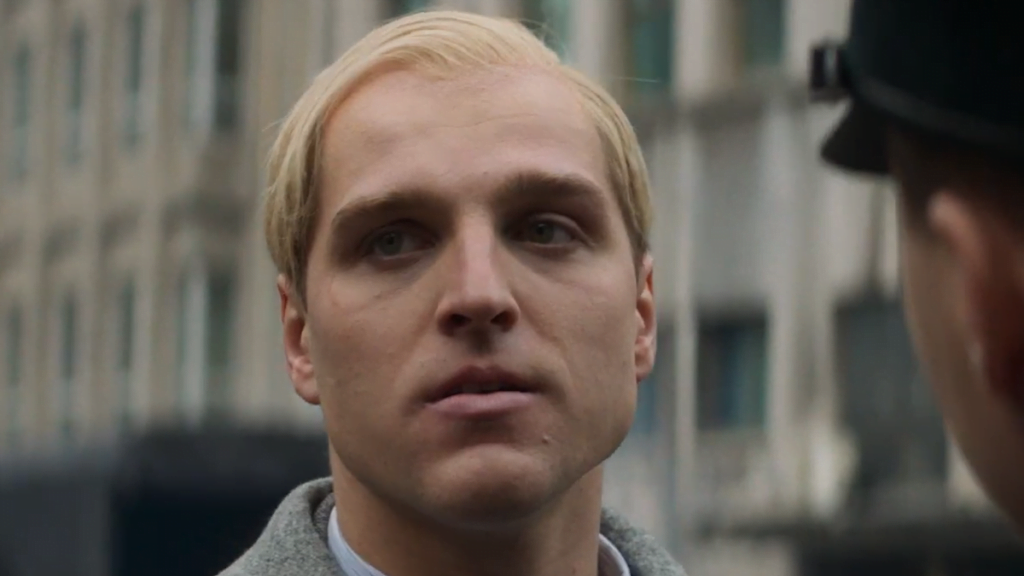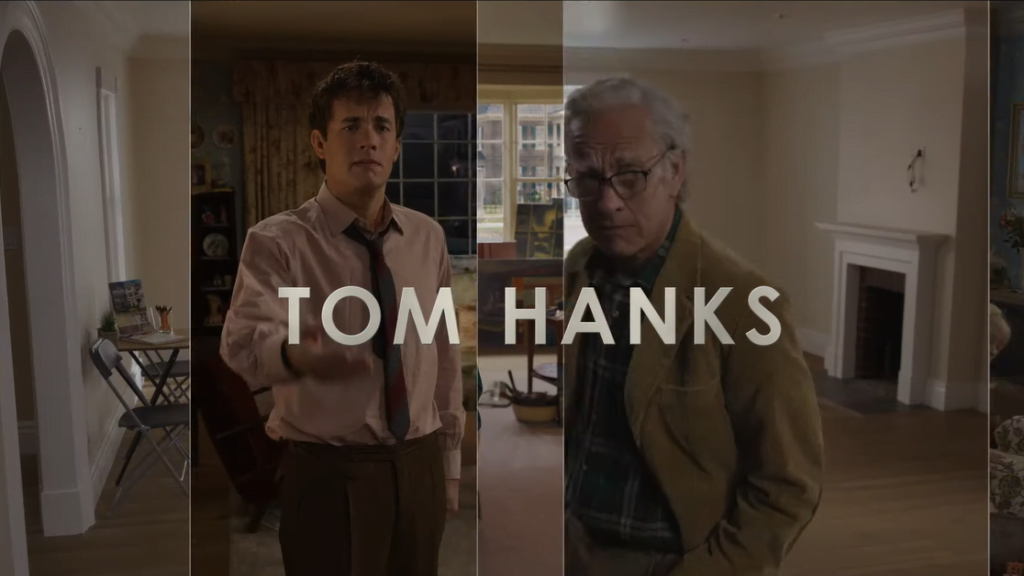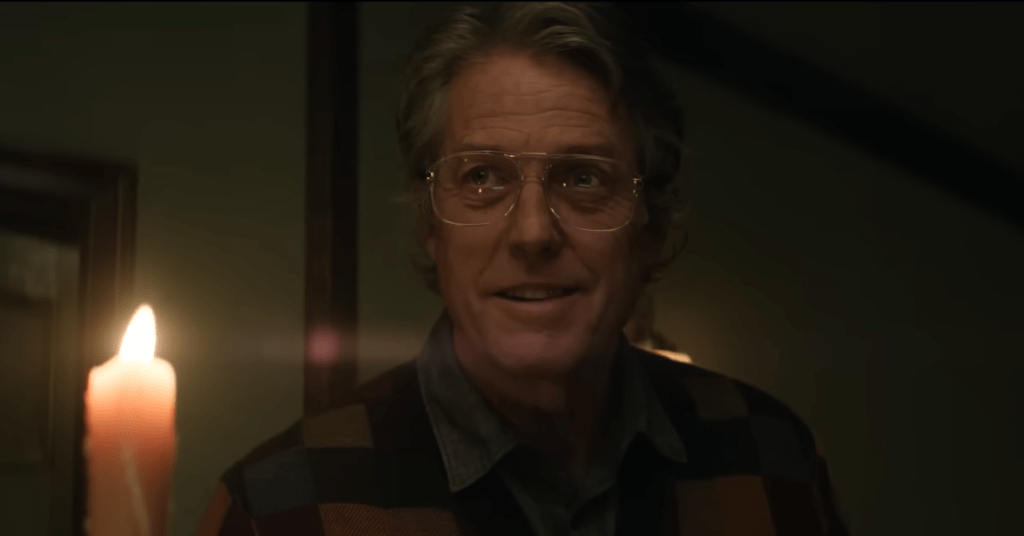The life of Dietrich Bonhoeffer, a theologian whose moral convictions led him to oppose the Nazi regime, has inspired countless books, documentaries, and academic studies. Now, his remarkable story is set to captivate audiences on the big screen with “Bonhoeffer: Pastor, Spy, Assassin.” This film promises to profoundly explore faith, ethics, and resistance in one of history’s darkest periods. Directed by a visionary filmmaker Todd Komarnicki and featuring a stellar cast, “Bonhoeffer: Pastor, Spy, Assassin” is poised to be a cinematic tour de force that delves into the complexities of a man who chose to fight evil at great personal cost.
Plot Overview
The film chronicles the life of Dietrich Bonhoeffer, from his early years as a pastor and theologian to his involvement in the German resistance against Hitler.
- Early Life and Theological Journey: The story begins with Bonhoeffer’s formative years, highlighting his academic achievements and his growing disillusionment with the complacency of the German church in the face of rising Nazism. His theological writings, particularly on the cost of discipleship and the nature of ethical action, laid the foundation for his later resistance activities.
- Resistance and Espionage: As the Nazi regime’s atrocities become increasingly apparent, Bonhoeffer’s commitment to his faith compels him to take action. He joins the Abwehr (the German military intelligence) as a double agent, using his position to gather information and assist Jews in escaping the Holocaust. The film meticulously portrays the tension and danger of his clandestine activities.
- Moral Dilemmas and Personal Struggles: Bonhoeffer’s internal struggle with the ethical implications of his actions is central to the narrative. His involvement in a plot to assassinate Hitler raises profound questions about the morality of using violence to combat evil. The film delves into his relationships, including his engagement to Maria von Wedemeyer, and the emotional toll of his resistance work.
- Imprisonment and Legacy: The climax of the film focuses on Bonhoeffer’s arrest, detention, and eventual execution in a concentration camp. His final days are depicted with poignant detail, emphasizing his unwavering faith and courage. The film concludes by reflecting on his enduring legacy as a symbol of moral resistance and ethical integrity.
Character Portrayals
“Bonhoeffer: Pastor, Spy, Assassin” features a cast of talented actors who bring depth and nuance to their roles.
- Jonas Dassler as Dietrich Bonhoeffer: The portrayal of Bonhoeffer is central to the film’s impact. The actor chosen for this role captures his intellectual rigor, spiritual depth, and moral resolve. His transformation from a contemplative theologian to an active resistor is portrayed with emotional intensity and authenticity.
- Flula Borg as Hans von Dohnanyi: Bonhoeffer’s brother-in-law and fellow conspirator, Hans von Dohnanyi, is a key figure in the resistance movement. His collaboration with Bonhoeffer highlights the network of brave individuals who risked everything to oppose Hitler.
- Nazi Antagonists: The film also features a range of characters representing the Nazi regime, from high-ranking officials to prison guards. Their interactions with Bonhoeffer underscore the oppressive and brutal nature of the regime he fought against.
Themes and Symbolism
“Bonhoeffer: Pastor, Spy, Assassin” explores profound themes that resonate with contemporary audiences.
- Faith and Action: The film delves into the relationship between faith and ethical action, challenging viewers to consider the responsibilities that come with deeply held beliefs. Bonhoeffer’s theology, particularly his concept of “costly grace,” serves as a guiding principle throughout the narrative.
- Moral Complexity: The ethical dilemmas faced by Bonhoeffer and his fellow resistors are central to the film’s impact. The decision to engage in espionage and assassination plots raises questions about the limits of moral action in the face of evil.
- Sacrifice and Legacy: Bonhoeffer’s willingness to sacrifice his life for his convictions is a powerful testament to the enduring impact of individual courage. The film reflects on his legacy as a martyr and a moral exemplar.
Visual and Audio Excellence
The film’s production values are designed to immerse viewers in the historical context and emotional landscape of Bonhoeffer’s life.
- Cinematography: The cinematography captures the stark contrasts of Bonhoeffer’s world, from the serene beauty of the German countryside to the grim realities of Nazi oppression. The use of light and shadow enhances the film’s thematic depth.
- Music and Sound Design: The musical score, composed by a renowned artist, underscores the emotional and spiritual journey of the characters. The sound design, with its attention to historical detail, adds to the film’s authenticity.
Conclusion
“Bonhoeffer: Pastor, Spy, Assassin” is a powerful and thought-provoking film that brings the story of Dietrich Bonhoeffer to life with emotional depth and historical accuracy. Through its compelling narrative, richly developed characters, and stunning visual and audio craftsmanship, the film honors the legacy of a man whose unwavering faith and moral courage continue to inspire. Directed by a visionary filmmaker and featuring standout performances, “Bonhoeffer: Pastor, Spy, Assassin” is set to make a significant impact on audiences, reminding us of the enduring power of conscience and the importance of standing against evil, even at great personal cost.















